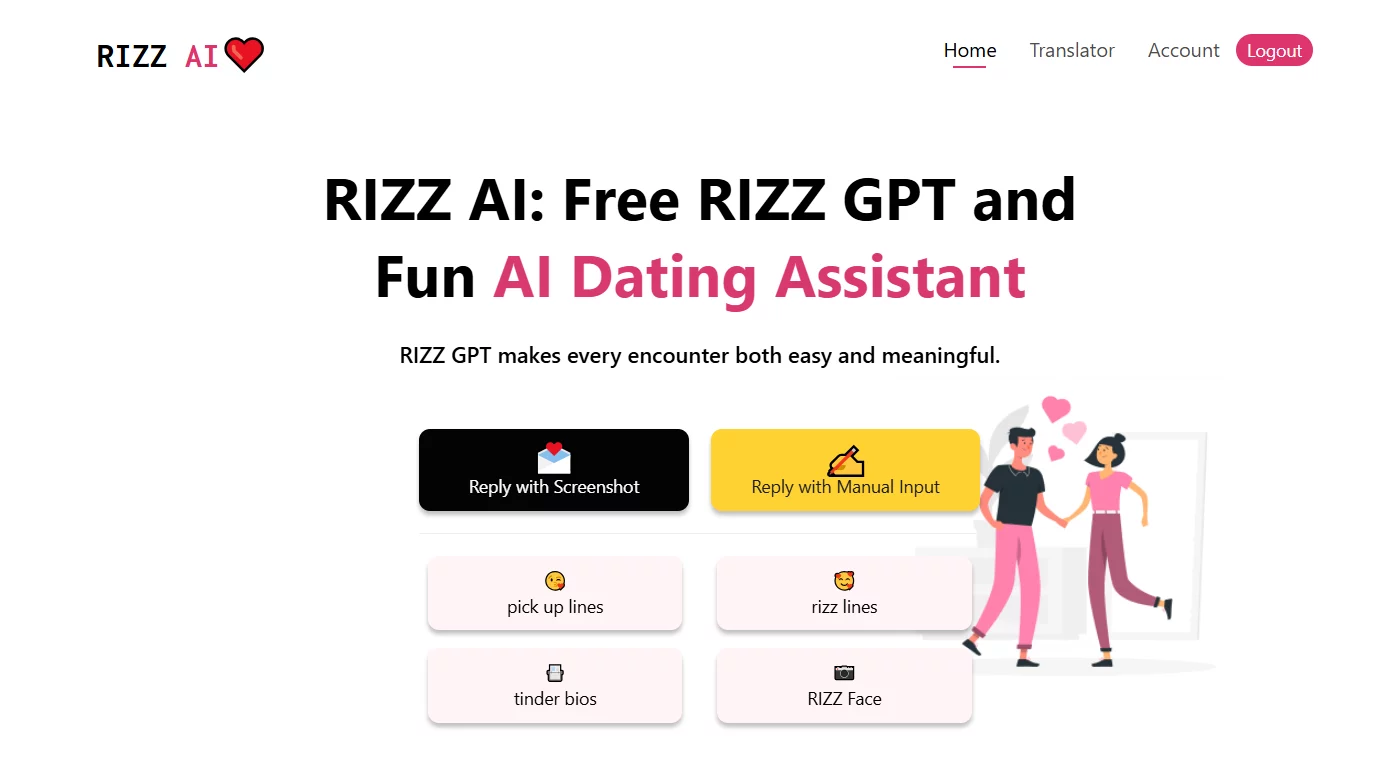In a high-stakes move, OpenAI has inked a five-year, $11.9 billion agreement with CoreWeave, a cloud service provider specializing in GPU-based infrastructure.
According to sources, the deal includes OpenAI acquiring $350 million worth of CoreWeave's equity. This private placement is reportedly separate from CoreWeave's planned IPO.
CoreWeave filed for its public listing last week but has yet to finalize pricing or set a date for its initial public offering.
This agreement represents a win-win situation for both companies. Beyond the billions involved, what makes this deal particularly noteworthy is that Microsoft was previously CoreWeave's largest client. In fact, Microsoft accounted for 62% of CoreWeave's revenue in 2024, which surged to an impressive $1.9 billion – nearly eight times its 2023 revenue of just $228.9 million.
Backed by NVIDIA, which holds a 6% stake, CoreWeave operates a specialized AI-focused cloud network. By the end of 2024, the company managed over 250,000 NVIDIA GPUs. Since then, CoreWeave has expanded its GPU inventory, including NVIDIA's latest Blackwell product line designed for AI inference, according to company statements.
For IPO investors, over-reliance on a single customer typically raises concerns, potentially complicating CoreWeave's ambition to raise $4 billion or more through its IPO. Securing OpenAI as a major client through this multi-billion-dollar deal should help alleviate investor apprehensions.
The Dynamics Between Microsoft and OpenAI
This development adds another intriguing chapter to the increasingly complex "frenemy" relationship between Microsoft and OpenAI.
As OpenAI's CEO Sam Altman might have thought when seeing Microsoft's partnership with CoreWeave: "Watch this."
Not only will OpenAI gain access to the same cloud infrastructure, but it will also hold shares in the company operating these services.
While Microsoft remains a significant backer of OpenAI, with rights to a portion of its revenue under their agreement, tensions between the two organizations have been mounting as OpenAI's valuation soars. OpenAI now competes with Microsoft for enterprise customers and is reportedly developing premium AI agents.
In January, Microsoft ceased being OpenAI's exclusive cloud provider as part of a massive Stargate AI infrastructure agreement involving SoftBank, Oracle, and others. OpenAI needs more computing power. Just last week, Altman publicly expressed concerns about GPU shortages.
Meanwhile, Microsoft is advancing its own AI "reasoning" models to rival OpenAI's o1 and o3-mini series. The tech giant is developing its MAI model family while hiring Mustafa Suleyman, Altman's competitor, to lead Microsoft AI initiatives.
Yet CoreWeave emerged as an unexpected player in this strategic game.
Originally founded as a cryptocurrency mining operation by former hedge fund professionals, CoreWeave's three co-founders have reportedly cashed out $488 million in shares – over $150 million each. The company still carries a staggering $7.9 billion in debt.
If the upcoming IPO generates the anticipated billions in new capital, the company plans to use at least some of it to reduce this debt burden.
While these founders once attempted to "print money" using GPUs, they've clearly achieved that goal in a metaphorical sense.








